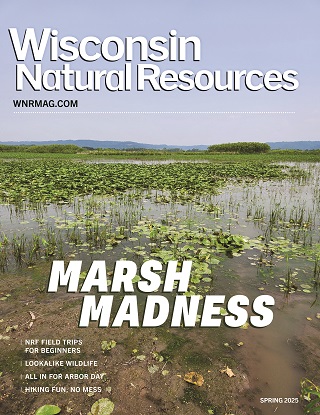Contact: DNR Office of Communications
DNRPress@wisconsin.gov
DNR Seeking Public Comments On Draft CAFO Permit Modification For Gordondale Farms In Portage County
MADISON, Wis. – The Wisconsin Department of Natural Resources (DNR) is seeking public comments on a proposal to modify the current Concentrated Animal Feeding Operation (CAFO) permit for Gordondale Farms.
Gordondale Farms is an existing CAFO located in Portage County, approximately 1 mile northeast of the Village of Nelsonville. The current permit term runs through July 31, 2025.
In July 2021, the Wisconsin Supreme Court issued an opinion in Clean Wisconsin, Inc. vs. DNR concluding that the department has authority to include in a CAFO permit terms that ensure compliance with effluent limitations and water quality standards. The permit modification is required as part of a farm-specific settlement agreement that hinged on this Wisconsin Supreme Court opinion.
According to the settlement agreement, the department must modify Gordondale Farms’ permit, allow submission of additional information for consideration, and determine if an animal unit cap and groundwater monitoring of land spreading fields is warranted.
In general, permittees demonstrate compliance with storage and nutrient management plan requirements when applying for a permit, annually, and when expanding.
Gordondale Farms has demonstrated they have adequate manure storage capacity for the number of animals at a facility and adequate land base to manage manure and process wastewater, meeting nutrient management plan requirements established by DNR, DATCP and Wisconsin NRCS. A cap on the number of animal units is not included in the draft permit.
The department has determined that groundwater monitoring of manure land spreading sites is practical and warranted. The proposed permit modifications require the farm to submit plans for monitoring groundwater at manure application fields following a phased approach using standard protocols.
Based on the initial data obtained from the monitoring wells, the department will determine appropriate response actions, including actions to reduce contaminants in groundwater below the public health standard.

